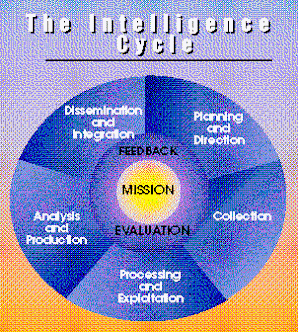Toward an Intelligence-based Nuclear Cooperation Regime
Russian-American collaboration against the spread of nuclear weapons needs to extend beyond conventional threat reduction programs underway in Russia and elsewhere for the past 15 years, to include the difficult and relatively uncharted area of sharing proliferation-relevant information, some of which may be sensitive. Our intelligence services, which now devote vast resources to spying on each other, could join forces by sharing information on states and terrorist groups intent on developing nuclear weapons, including their clandestine procurement attempts. This process could include sharing and comparing open-source information, information on the probable source of nuclear materials seized in transit, or clandestinely acquired information on groups and individuals involved in nuclear trafficking.
Intelligence cooperation is vitally important, because the current nonproliferation regime is essentially reactive and containment-oriented. It is not well equipped to deal with the smuggling activities and nuclear procurement conspiracies of nation-states and terrorists. The nonproliferation treaty (NPT) and associated conventions and agreements obligate states in various ways, but of course do not bind sub-state actors or non-state entities. Besides, signatory states have been known to cheat, either maintaining covert weapons programs or helping those who do. Also, the ability of states to keep their nuclear houses in order has proved problematic in the past, especially in the aftermath of the Soviet collapse.


0 comments:
Post a Comment